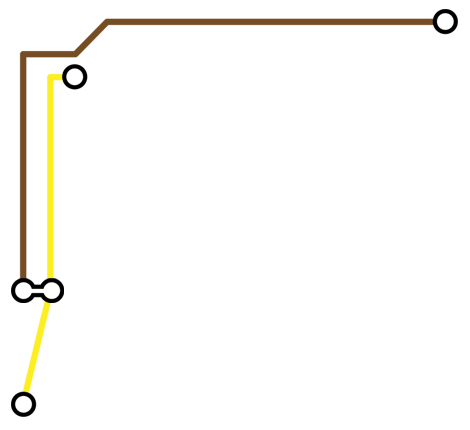One aspect of eComp is that its courses are taught by a team of instructors and Instructional Assistants (IAs), an idea adopted from a similar curriculum developed at Arizona State University called the Writers’ Studio (Bourelle et al., 2013b). Within eComp, two or more instructors typically teach in one course shell. IAs are undergraduate and graduate students who are trained to give feedback to students regarding their multimodal projects. In addition, they help instructors facilitate discussions and respond to students’ questions via email, Skype, or Blackboard Collaborate. For every project, students develop an early draft that they share with their peers, and after making revisions in light of peer suggestions the IAs give the students feedback on their revised drafts before sending them to the instructor, which constitutes the final round of feedback. Each project is developed in an electronic portfolio, and the students are asked to write reflections (White, 2005) regarding their learning of the course outcomes (for a list of UNM Outcomes for first-year writing, see Appendix A). The team-taught model ensures that students have numerous channels from which to receive feedback on their projects, and many form closer relationships with the IAs than with their instructors, feeling more comfortable turning to these peer mentors for help in the course.
Unlike the program developed at ASU, eComp utilizes graduate students as Instructional Assistants, the idea being that these students can benefit from the training they receive in this position before moving on to teach their own online sections. In fact, one of the guiding principles of eComp is the belief that teachers need training in online education before being asked to teach their own courses, which will help them avoid panic, frustration, and hesitancy— emotions that Beth Hewett and Christa Ehmann (2004) claimed so many instructors feel when being asked to teach online for the first time. However, they suggested that this nervousness is due to the lack of training the instructors receive before being asked to teach their own courses. Through our new program, we wish to alleviate some of those concerns and offer our graduate students pedagogical approaches that are successful in online environments before they are asked to teach their own courses.
Reflections in Online Writing Instruction:
Pathways to Professional Development
Pathways to Professional Development

Instructional Assistants























